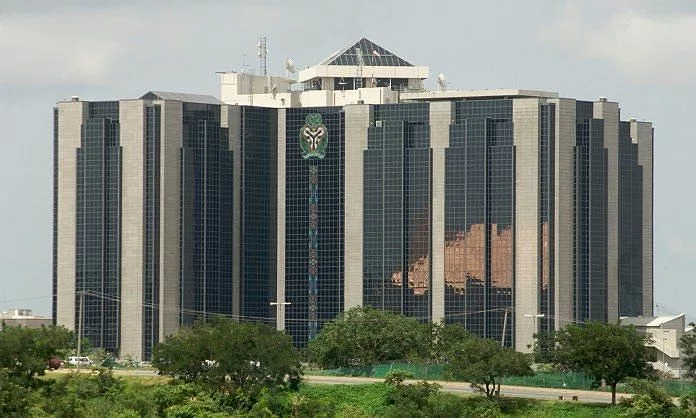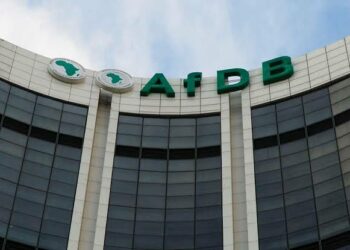The Nigerian banking industry is set for a pivotal year in 2025 as the Central Bank of Nigeria (CBN) pushes forward with its recapitalisation mandate amidst broader economic pressures. Banks are required to meet new minimum paid-up capital thresholds by March 2026, triggering a wave of strategic moves that could reshape the sector’s competitive dynamics.
The CBN’s directive demands international banks maintain a minimum capital base of N500 billion, national banks N200 billion, and regional banks N50 billion. This mirrors the landmark 2004-2006 consolidation reforms that redefined the industry.
Already, many banks, particularly those listed on the Nigerian Exchange have concluded or in the process of concluding the first phase of their capital raising.
According to the Securities and Exchange Commission (SEC) a total of N1.7 trillion had been raised by banks from the capital market last year.
Five of Nigeria’s largest banks Guaranty Trust Holdings Plc, Zenith Bank Plc, Access Holdings Plc, Fidelity Bank Plc, and FCMB Group Plc had successfully raised N1.26 trillion naira to meet the new regulatory capital requirements, well ahead of the 2026 deadline. The banks issued fresh capital with the offer fully subscribed, even oversubscribed.
Analysts predict the ongoing recapitalisation will similarly alter the sector, as recapitalisation is expected to drive a surge in mergers and acquisitions (M&A), especially among Tier-2 banks seeking to strengthen their competitive position against Tier-1 giants. These banks may also target smaller Tier-3 institutions to expand their market reach.
Afrinvest Securities Limited, in its 2024–2025 outlook report, had cautioned about potential downsides of the recapitalisation, saying “while recapitalisation will bolster resilience, it could lead to job losses and integration challenges for smaller banks.”
Fitch Ratings had also warned that regulatory uncertainties and asset quality issues could undermine stability, while a PwC report stresses the urgency for traditional banks to adapt in an increasingly digital landscape.
Although economic factors such as high inflation, currency devaluation, and fluctuating oil revenues continue to challenge Nigerian banks, analysts opined that dspite these headwinds, the banking sector will remain resilient, bolstered by robust interest income and digital transformation.
Digital innovation remains a key driver of transformation in the banking sector. Fintech solutions and AI-driven personalisation are redefining customer experiences and expanding financial inclusion. The CBN’s Payment Systems Vision 2025 underscores the importance of integrating digital tools into traditional banking frameworks.
The recapitalisation drive promises opportunities but comes with uncertainties. Analysts caution that the March 2026 deadline could trigger unexpected shifts, much like the dramatic reforms of 2005.
As the year progresses, banks are expected to deploy newly-raised capital into innovative products and expand their footprints domestically and internationally. However, challenges such as foreign exchange volatility and inflation could complicate compliance efforts.
The Nigerian banking sector is poised for a transformative 2025, shaped by recapitalisation, technological innovation, and structural changes. While economic volatility and regulatory uncertainties remain hurdles, the sector’s resilience offers hope for a stronger, more competitive future.





